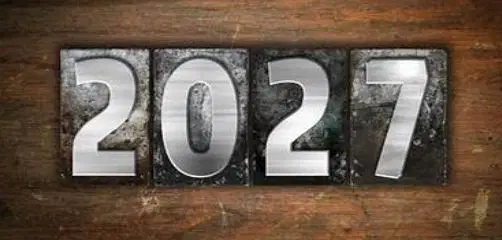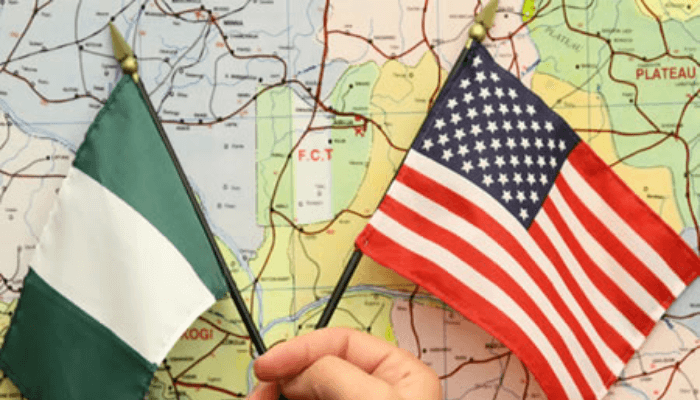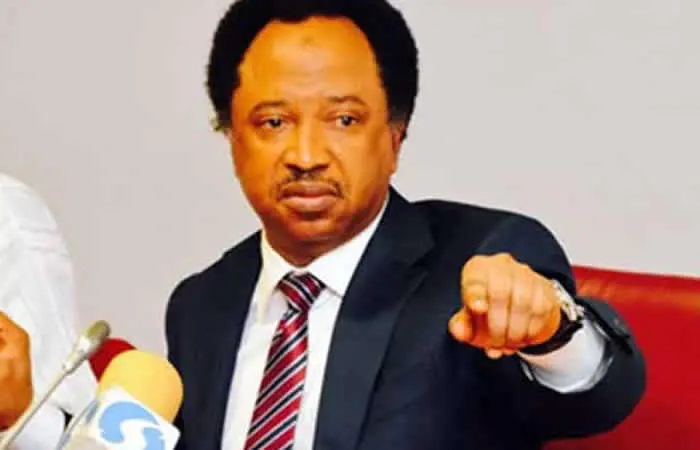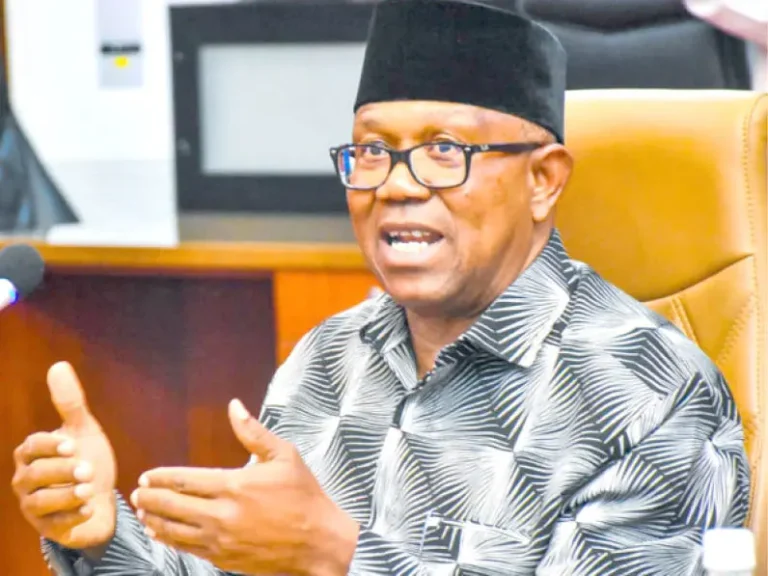
IMAGINE the vibrant chaos of Lagos’ Oshodi market, where traders pause mid-bargain and their voices drop to hushed tones as they trade rumours of a political earthquake. From Kano’s bustling streets to Port Harcourt’s lively waterfronts, Nigerians are abuzz with one question: Will the North’s audacious push for a North Central president in 2027 heal a fractured nation or ignite a fierce battle for power?
A formidable coalition of Northern leaders has rallied behind this plan, driven by frustration with President Bola Tinubu’s leadership, particularly his Muslim-Muslim ticket, which many see as skewing Nigeria’s delicate regional and religious balance.
For everyday Nigerians; traders, teachers, civil servants, and students navigating economic hardships and political divides, this move sparks both hope and scepticism. Is it a genuine call for fairness, or a calculated bid to reclaim control? As North and South stand at odds, Nigeria teeters on the edge of unity or deeper division, with the future of its democracy hanging in the balance.
A nation torn apart
Nigeria is a kaleidoscope of cultures, ethnicities, and faiths, woven together by a shared dream of prosperity but strained by a history of regional rivalry. For decades, power has oscillated between the North and South, guided by an unspoken pact to balance representation. Yet, Southerners have long argued that the North holds an unfair advantage—more federal appointments, more infrastructure projects, more political clout. President Tinubu’s Muslim-Muslim ticket, pairing him with a Northern vice president, has poured fuel on this smouldering discontent. To many in the South, it’s a ‘scam,’ a betrayal of Nigeria’s commitment to inclusivity that sidelines Christians and marginalises entire regions.
“One of the major concerns raised by Northerners is the perceived ‘scam’ of a Muslim-Muslim ticket, which suggests that the current administration is not representative of the entire country,” an insider said.
The North, however, is not backing down. In a striking display of unity, Northern leaders have coalesced to champion a candidate from the North Central region for the 2027 presidential election.
This region, comprising states such as Benue, Plateau, and Kogi, has never produced a president since Nigeria’s democratic return in 1999. The choice is bold and unexpected, raising questions that ripple across the nation: Why North Central? Who is steering this coalition? And is this a genuine effort to bridge Nigeria’s divides, or a strategic countermove against Tinubu’s growing support within the All Progressives Congress, APC? For Nigerians juggling rising costs and political uncertainty, the answers could shape their future.
Tensions rise, voices clash
The South’s grievances are deeply rooted, etched in decades of perceived inequities. From the allocation of oil revenues to the distribution of federal jobs, many Southerners believe the North has long enjoyed disproportionate influence. The Muslim-Muslim ticket has amplified these frustrations, seen as a symbol of exclusion in a nation where religious and regional balance is sacrosanct.
“Nigeria deserves leaders who mirror its diversity,” a Southern politician declared, capturing the sentiment echoing through Lagos, Enugu, and Port Harcourt. For many, Tinubu’s leadership feels like a step away from the rotational presidency that once promised fairness.
“For years, there has been a growing sentiment among the Southern part of Nigeria that the North has been favoured in terms of political representation and development. This feeling has only been amplified by recent events and decisions made by the government,” a key Northern leader said.
The North, however, sees a different story. Rather than retreating under Southern criticism, Northern leaders have doubled down, framing their push for a North Central candidate as a commitment to equity.
“We hear the South’s complaints, but fairness means every region must have its turn,” a Northern stakeholder explained.
North Central, with its rich ethnic tapestry: Tiv, Igala, Nupe, and more, and its lack of presidential representation, is a strategic choice. It’s a region often overshadowed by the North West and North East, which have produced multiple presidents, from Umaru Yar’Adua to Muhammadu Buhari.
By elevating the North Central, the coalition signals a desire to reshape Nigeria’s political narrative. But is this a sincere gesture of inclusivity, or a clever tactic to rally Northern votes while deflecting accusations of dominance? For Nigerians grappling with soaring fuel prices and unreliable power, the question cuts deep: Will this bring a government that serves all?
Dr Hakeem Baba-Ahmed, a respected Northern voice, steps forward, his words sharp and unwavering.
“In the next six months, the North will decide where it stands. If the rest of the country wants to join us, fine”, he noted.
The North Central’s diversity, spanning states with varied ethnic and religious identities, makes it a potent symbol of unity, a potential bridge across Nigeria’s fractured regions. It’s a direct challenge to Tinubu’s camp, which is mobilising the APC’s formidable machinery for his re-election bid.
The coalition’s choice is both strategic and symbolic, aiming to counter perceptions of Northern dominance while addressing the South’s cries for fairness. But unanswered questions linger, gripping the nation: Who will this candidate be? Can they rally a divided country where trust is a rare commodity? For Nigerians; market traders, civil servants, and students, the stakes are personal. They yearn for a leader who understands their struggles, from paying school fees to navigating economic hardship. This moment leaves Nigeria poised between transformation and turmoil, with every region and voter weighing their next move.
The coalition’s declaration sends shockwaves across Nigeria, sparking a whirlwind of reactions. In the North, many celebrate, seeing it as a triumph of fairness.
Saleh Mandung Zazzaga, a North Central APC leader, hails the move as a step towards justice but also calls on Tinubu to prove he’s a leader for all Nigerians:
“This has not only been agitating the people’s mind, but the members of the APC as well, and it is not good for the wellbeing of the party as the Nation counts down to the 2023 general election,” Zazzaga said.
Yet, not all Northerners are on board. Hardliners from the North West and North East, regions accustomed to wielding presidential power, question whether North Central is ready for the spotlight. “It’s a bold but risky choice,” a Kano-based politician said.
“Can they hold the North together?” In the South, reactions are sharply divided. Some see a glimmer of hope. “If the North is serious about inclusivity, this could change things,” a Lagos-based lecturer noted. Others remain unconvinced, viewing the coalition as a rebrand of Northern dominance.
Tinubu’s allies mount a swift defence
Senator Shehu Sani, a vocal supporter, argues that the South deserves to complete its term.
Sani said: “In the interest of equity, the South should be allowed to complete the eight-year presidential term.”
Governor Abdullahi Sule echoes this, urging Nigerians to give Tinubu time to deliver on his promises. The pushback underscores a deeper tension: the North’s move challenges the South’s claim to an eight-year presidency, a principle rooted in Nigeria’s rotational tradition.
For Nigerians facing daily challenges, like rising food costs and power outages, the debate is more than political, it’s about whether the next leader will address their struggles. The coalition’s plan risks deepening Nigeria’s divides even as it promises unity. Will it inspire cooperation, or fuel a fiercer battle for power?
A vision for a united Nigeria
As the political storm subsides, Nigeria confronts a pivotal question: Can it rise above its historical divides? The North’s push for a North Central president is a bold attempt to rewrite the nation’s story, giving a voice to a region long sidelined.
North Central clerics including Bishop David Usman and Imam Aliyu Rabiu Lawal capture this aspiration.
“They argued that there was the need for other parts of Nigeria to consider the call for the North Central to produce Nigeria’s next president in the interest of fairness and equity,” a statement from the clerics shared.
Their words echo the hopes of past leaders.
In 1999, former President Olusegun Obasanjo said: “Nigeria is wonderfully endowed. It does no credit either to us or the entire black race if we fail in managing our resources for quick improvement in the quality of life of our people.”
Yar’Adua and Buhari similarly urged unity, warning against despair. The North’s plan carries this legacy, aiming to build a Nigeria where every region feels represented.
“As the North charts its way to the presidency, it sends a strong message to the rest of the nation – that unity, inclusivity, and fairness are the foundation for a strong and prosperous nation,” a Northern stakeholder said.
Yet, the path is fraught with challenges. Mutual suspicion between North and South runs deep, rooted in decades of competition over power and resources. Tinubu’s camp is rallying, with the APC leveraging its influence to secure his re-election. Opposition groups, sensing an opportunity, are forging alliances to challenge him. The North Central candidate, whoever they may be, will face intense scrutiny: Can they bridge Nigeria’s divides? Can they address the economic and social challenges that weigh on Nigerians, from traders struggling with market taxes to parents scraping by to pay school fees? The coalition’s choice is a gamble, but it’s also a beacon of possibility, a chance for Nigeria to embrace a more inclusive democracy.
Nigeria’s defining moment
The North’s plan for 2027 is a story still unfolding, woven with threads of ambition, frustration, and hope. By championing North Central, the coalition challenges Nigeria to rethink what fairness means in a diverse nation. But trust remains elusive in a country scarred by political rivalries. Obasanjo’s words resonate: failing to manage Nigeria’s diversity diminishes not just the nation, but its global standing.
As 2027 gathers steam, Nigeria faces a choice that will shape its destiny. The North’s bold move could be the spark that ignites a stronger, fairer nation, or a flashpoint for deeper conflict.
Tinubu’s allies are digging in, while opposition forces plot their next steps. The North Central candidate will need to navigate a complex landscape, balancing regional loyalties with national aspirations.
The road to 2027 is uncertain, but it’s a journey Nigeria must take together. Leaders, voters, and communities all have a role to play. The North’s plan is a call to action, urging Nigerians to look beyond suspicion and embrace a shared vision.
The North’s bold plan has lit a spark, but whether it illuminates a path to unity or burns into division depends on what Nigerians do next.
VANGUARD.




